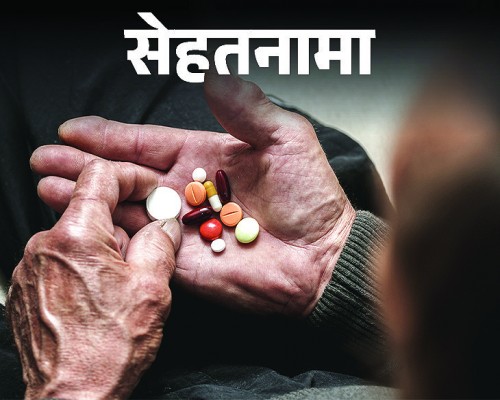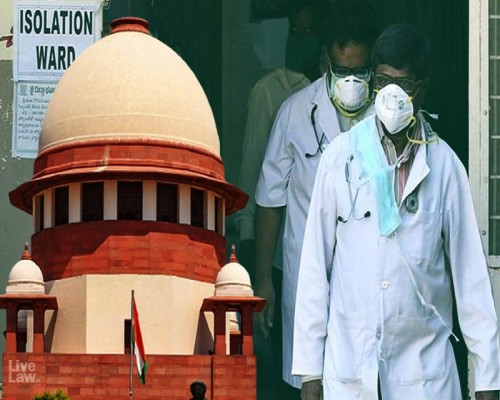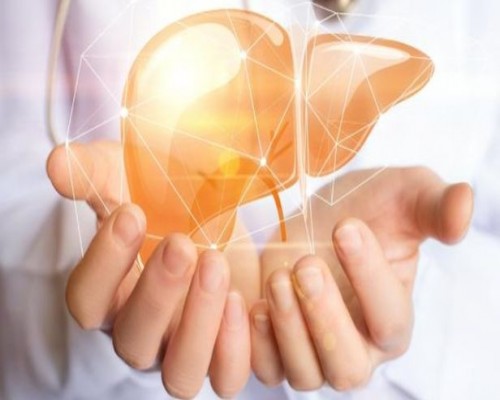Antibiotic Resistance: A Major Health Challenge

The indiscriminate use of antibiotics has given rise to a severe public health issue: antibiotic resistance. Bacterial infections that were once easily treatable with antibiotics are now becoming resistant to these medications, leading to more severe and prolonged illnesses.
Causes of Antibiotic Resistance
One of the main reasons for this rising resistance is the misuse and overuse of antibiotics. People often take antibiotics without a doctor’s prescription or discontinue them as soon as they feel better, rather than completing the full course. This improper usage allows bacteria to develop resistance.
The use of antibiotics in the agricultural sector also contributes to the problem. Antibiotics are often given to livestock to promote growth and prevent diseases, but this has led to resistant bacteria, which can be transferred to humans through the consumption of animal products.
Impact of Antibiotic Resistance
The emergence of antibiotic-resistant bacteria poses a serious threat to global health. Treating such infections becomes more complex, requiring stronger and often more toxic medications. This increases the risk of complications and mortality, especially among vulnerable populations like the elderly and those with compromised immune systems.
Steps to Combat Resistance
To curb this growing problem, it is crucial to use antibiotics judiciously. The World Health Organization (WHO) has been advocating for stricter regulations on the sale and use of antibiotics. Health authorities emphasize the importance of completing the prescribed antibiotic course and avoiding self-medication.
Global and Local Initiatives
Since 2017, the Indian government has been running awareness campaigns and setting up guidelines to promote rational antibiotic use. The Central Drugs Standard Control Organization (CDSCO) has also enforced stricter regulations on the sale of antibiotics, requiring a doctor’s prescription for all such medications.
The need of the hour is a collective effort from health authorities, policymakers, and the public to combat this serious health challenge. Only through combined efforts can we prevent the spread of antibiotic-resistant bacteria and safeguard the effectiveness of antibiotics for future generations.























